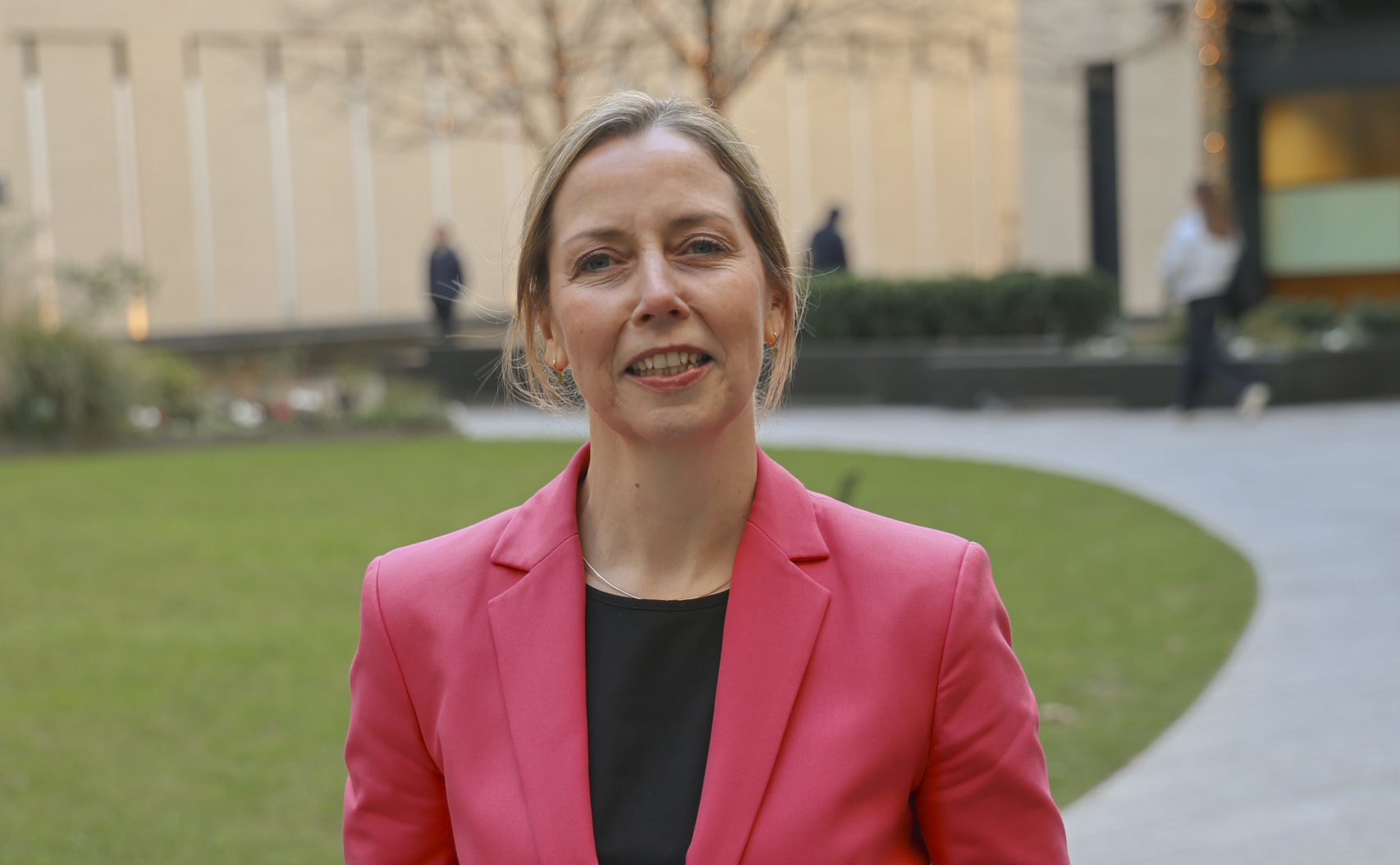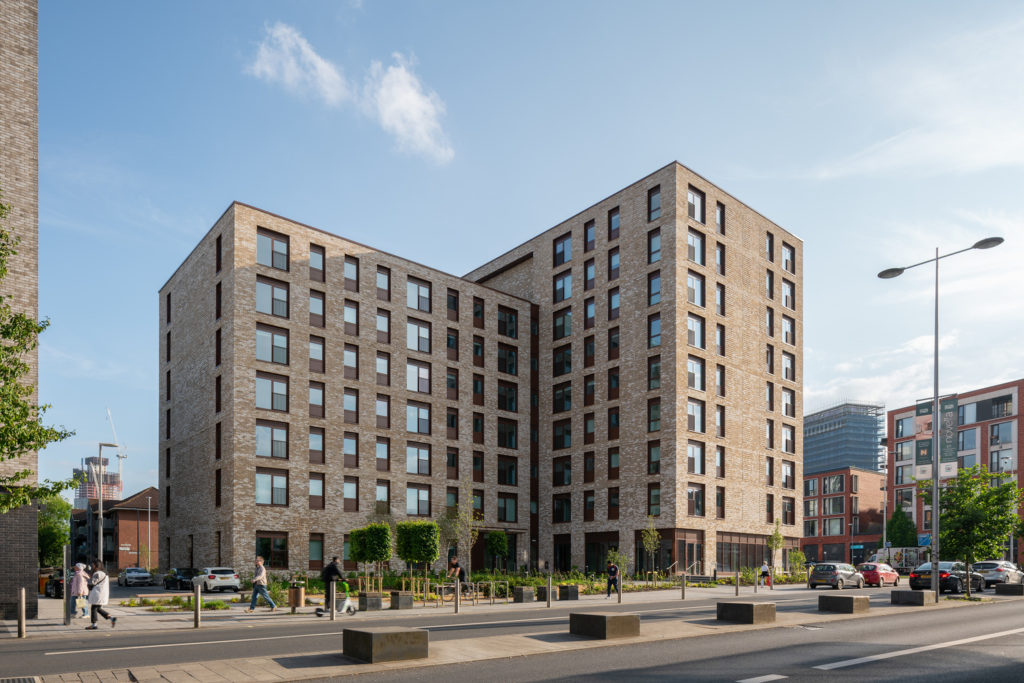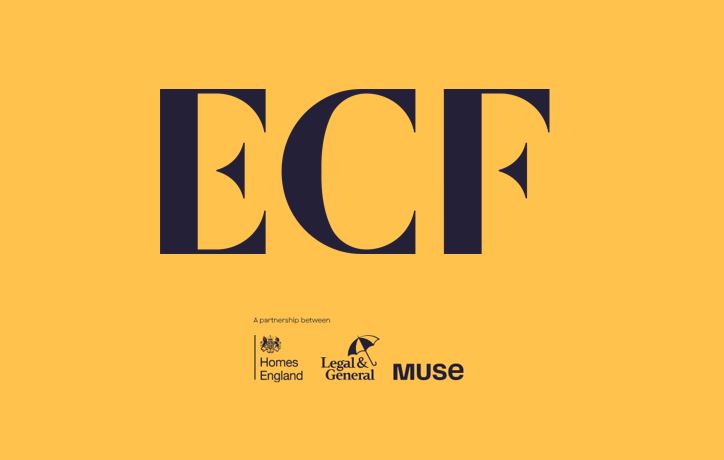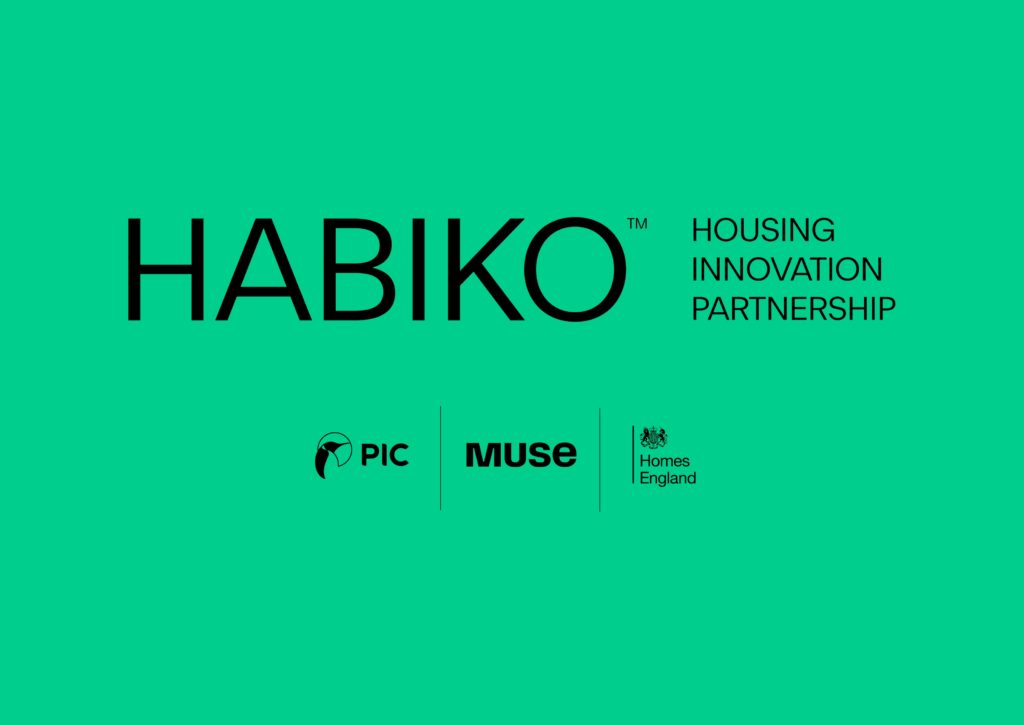Why effective partnerships matter
01.04.25 3 min read

At Muse, our long-term partnership approach has underpinned our placemaking pedigree for decades.
Partnership is part of who we are. It is how we have consistently delivered regeneration that is purposeful, locally rooted, and built to last. By working together with both public and private sectors, we have helped deliver new homes, create jobs, and positively enrich communities.
But as the challenges facing our towns and cities grow more complex, from housing need to climate resilience, the importance of strategic collaboration has never been greater. Urban regeneration has the potential to be a powerful force for good, but real impact can only be achieved through partnerships that bring together the right expertise, shared values and long-term commitment.

What makes partnerships work
At the heart of any strong partnership is alignment of values. When organisations share a mindset built on trust, ambition and integrity, they can adapt to change, overcome challenges, and move forward together. We form partnerships with organisations that want the same outcomes not just in the result, but in the approach we take to get there.
Shared ownership is vital. A true partnership means a shared vision, clear roles and collective responsibility. That is why our national partnerships, like ECF and Habiko, are structured around joint governance, defined responsibilities, and accountability on all sides.
Trust is also fundamental. In longstanding partnerships like ECF, trust has been built through consistent delivery. When we enter new partnerships, we know trust has to be demonstrated from the start through transparency, collaboration, and by living our values. That centres around putting communities first.

A blueprint for impact: ECF
For example, at Salford Central – delivered through ECF, our national partnership with Legal & General and Homes England – we are transforming underused parts of the city into vibrant, mixed-use neighbourhoods. Over time, we have delivered homes, workspaces, public realm and community amenities.
It is about putting people and potential first. Together with Salford City Council, ECF has created new opportunities for local residents and businesses, from apprenticeships and training to sustainable infrastructure and inclusive growth.
Today, ECF is active in a growing number of communities. This includes Wolverhampton where we are enhancing the economic sustainability of the city centre. Meanwhile, at Manor Road Quarter in Canning Town, we are delivering for local people, and at Bradford, St Helens and many other places, we are consistently supporting ambitious urban regeneration which delivers long-term value.

Unlocking affordable housing with Habiko
While ECF demonstrates what is possible through regeneration at scale, Habiko is addressing one of the UK’s most urgent priorities: delivering high-quality, affordable homes for rent.
Habiko is a new national partnership between Muse, PIC and Homes England. Together, we aim to deliver 3,000 sustainable homes that are better to live in, cheaper to run, and designed to support thriving communities.
This is an example of our approach to national partnerships. We are bringing together capital, land and delivery expertise to meet housing need at pace, and are already progressing opportunities across the country.
What comes next
At Muse, we continue to actively explore new partnerships that share our values and ambition. Regeneration that works for people and places isn’t something any one organisation can do alone.
The right partnerships don’t just deliver places. They unlock potential, support inclusive growth, and create lasting value — for communities today, and for generations to come.